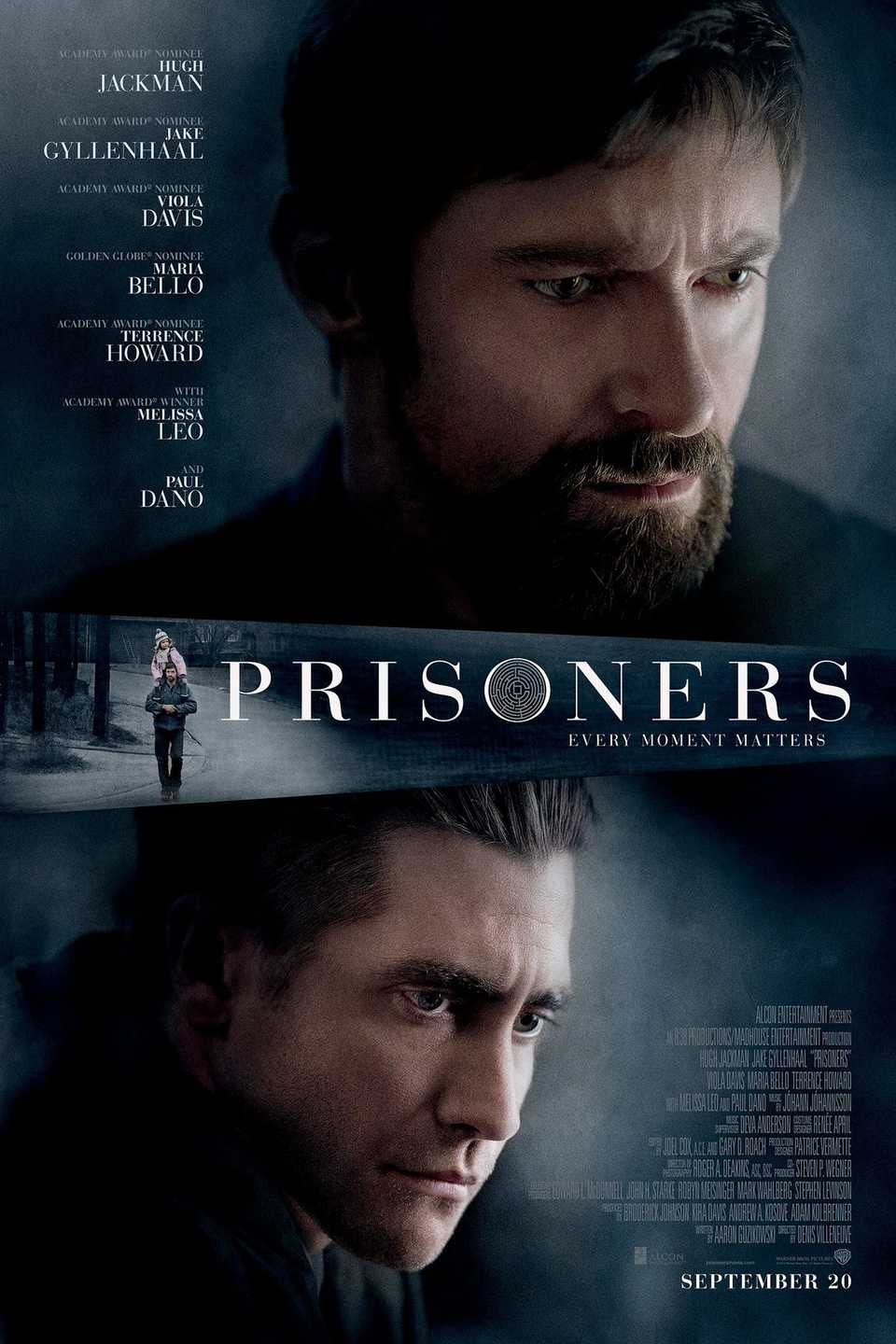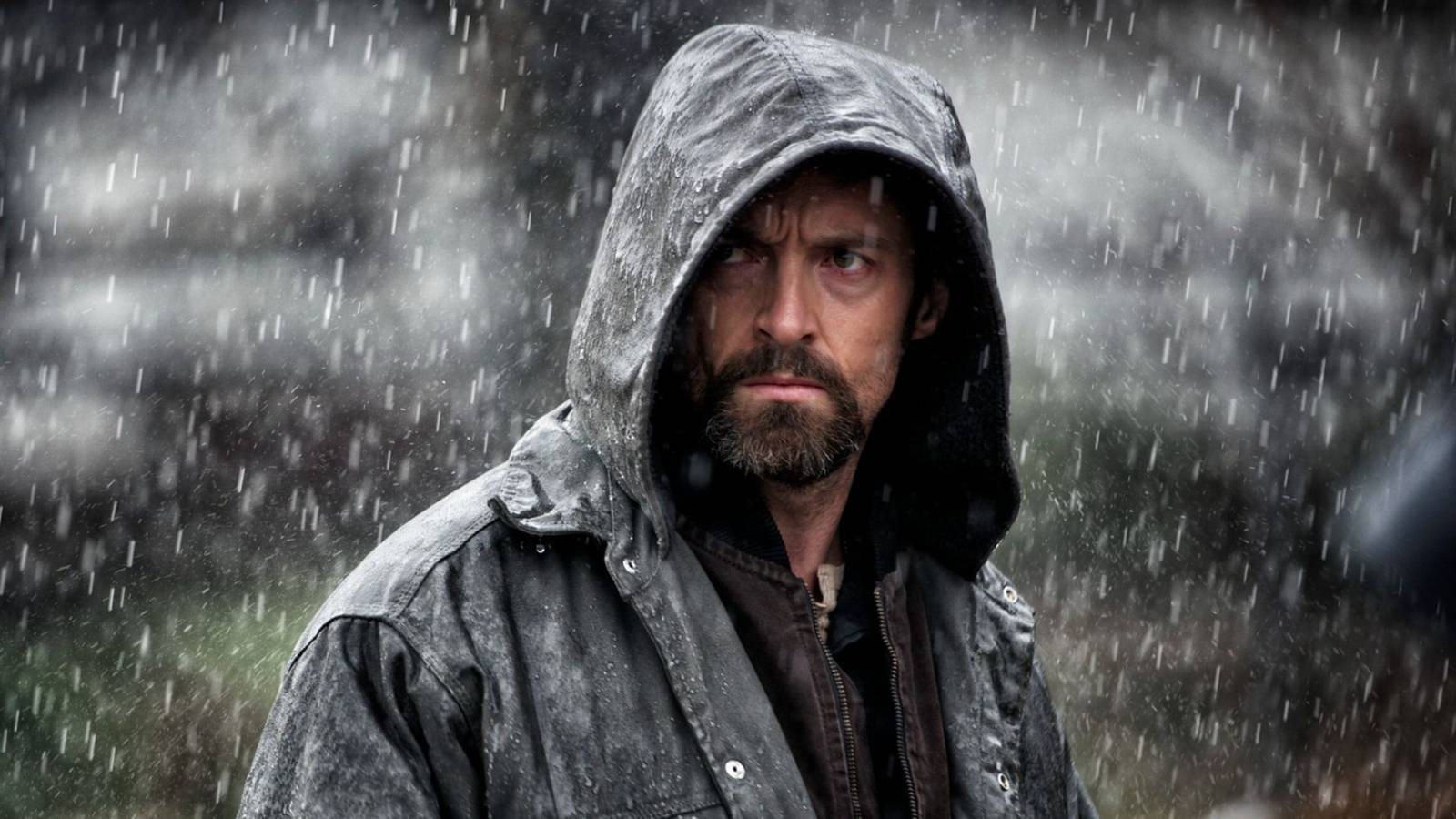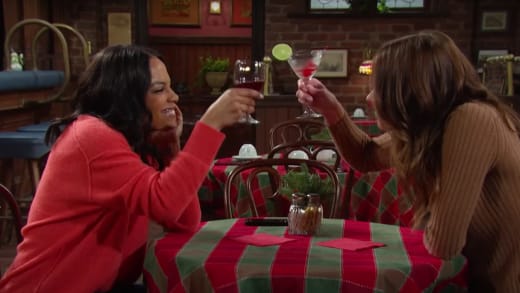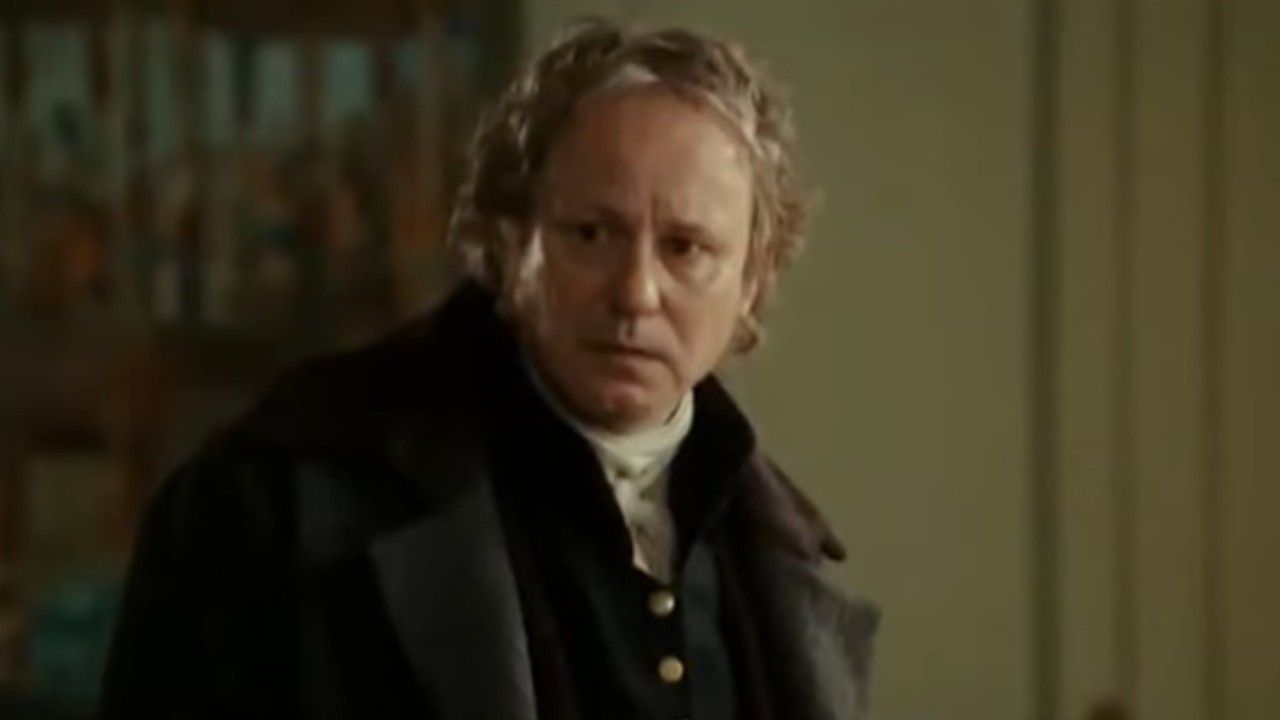It’s been over a decade since the release of Denis Villeneuve’s Prisoners, which saw Hugh Jackman deliver one of his most haunting performances as Keller Dover, a desperate father who takes justice into his own hands after his daughter and her friend are kidnapped on Thanksgiving Day. Here, Jackman would offer up one of his best performances to date, matching the same intensity and conviction as seen in the universally adored Logan — it does not hurt that he was backed by a phenomenal cast, including Jake Gyllenhaal, Viola Davis, and Paul Dano. Exploring the morality of revenge, Jackman’s quest for justice is far from clean, placing him in the role of a vicious man at odds with the law.
Prisoners focuses on themes of revenge, family, and the desperation that can arise from injustice, weaving an intricately intertwined thriller. A highly visceral experience, fans who were heavily invested from start to finish may have missed a couple of the details. Notably, the ending, which was left slightly ambiguous, caught many off guard and left them asking questions. To help sort through the moments fans may have missed leading up to the film’s climax, here is the full explanation of the ending of Prisoners.
‘Prisoners’ Weaves a Dark, Inspired Tale of Revenge
Set in a small town in Pennsylvania, the religious and committed father, Keller Dover (Hugh Jackman), who has lost his daughter over the holidays, taps into a fear many have grappled with. As a larger conspiracy behind multiple child abductions unravels, the movie becomes even more impactful and harrowing. While the film focuses on creating a sense of grounded realism in exploring sensational crimes, it is not based on a true story; an understandable misconception, given Villeneuve’s previous exploration of true crime in 2009’s highly controversial Polytechnique about the infamous mass shooting that occurred in Montreal on December 6, 1989.
Prisoners is an original work, with a screenplay written by Aaron Guzikowski that is not based on any real characters. In speaking with UPI, Denis Villeneuve would touch on his view of the screenplay and what he found so captivating, stating, “The beauty of the screenplay is that there are a lot of layers and one of them is the idea that it is an exploration of the limits of each character where they are trapped in their anger or neuroses or their past,” adding “There are different layers of jails in this film. That is the beauty of the screenplay. It has so many layers.” The layered screenplay, masterfully executed by Villeneuve, would still leave viewers with questions about certain aspects of the film.
A “War on God” Becomes the Central Focus of Crime in ‘Prisoners’
After Keller Dover’s daughter was reported missing, he believed that the person who lived in the mysterious camper that was parked on the street all afternoon was a suspect. In a blind rage, along with a desperate need for answers, Dover zeroed in on the young man who had been driving the van, and he attacked him minutes after he was out of police custody. While Dover had Alex (Paul Dano) pinned down, the latter commented that the girls only cried when he left, which was all the evidence he needed to take matters into his own hands. He ended up kidnapping Alex, taking him to an abandoned building, and ruthlessly torturing him for days. Dover would later learn that Alex comforted the girls when his “aunt” actually kidnapped them.
Dover went to Alex and Holly’s house to “apologize” for attacking Alex, but he was really casing the place to see if there was any trace of the girls. It was not until Dover returned a second time that he learned what Holly had been doing over the years. After losing her son to cancer, she and her husband lost their faith and decided to wage a war on God. To do that, they needed to create demons out of people, so they kidnapped children from all over, knowing that their parents would eventually turn away from God. Holly admitted that Alex was the first child they took. Taylor, the man who lied about killing the girls, was their second victim.
What Exactly Happened to Holly’s Husband in ‘Prisoners’?
After the girls disappeared, Detective Loki (Jake Gyllenhaal) went around local sex offenders’ houses searching for evidence. While in Father Patrick Dunn’s hidden basement, Loki finds a mummified body wearing a medallion with a maze-like design around its neck. He then drags a very drunk Father Patrick over to the entrance of the basement as the latter desperately pleaded that he did not actually know the man. He met him during confession, and the man talked about how he had previously killed 16 children. Father Patrick felt he had to put an end to the man’s murder, so he brought him back to the house and killed him.
When Dover went to Holly’s house for the first time, she told him a bit about how she, her son, and her husband used to be very religious people. The second time he went, she revealed that after the passing of their son, she and her husband would kidnap children, and not all of whom survived, like Alex and Taylor. Once her husband disappeared, she had to make do with carrying out their war on God alone. However, Holly’s husband did not simply disappear; Father Patrick justifiably murdered him. The maze design on the medallion that was around the mummified man’s neck is the same design that Taylor, the second victim, was obsessed with drawing.
The Ambiguous Ending of ‘Prisoners’ Explained
After all is said and done, Holly is shot and killed by Detective Loki, Anna is reunited with her mother and brother, and Alex is reunited with his family. Dover is still trapped in the hole in the ground under Holly’s car. Loki is at the scene surveying the area one final time to close out the case, but as he turns away, he hears a faint whistle. He does not know that it’s coming from Dover, just a few feet away. The credits then begin rolling without a satisfactory epiphany or realization.
The open ending has led to two interpretations; the most widely accepted is that Keller Dover is rescued by Detective Loki, as hinted by the faint whistle he hears. For the more pessimistic, the sound of the whistle does not mean that Loki acted on the sound, as no action follows the sound. Instead, others pose that Dover is left to die. This second theory aligns with the film’s moral ambiguity, darker tones, and exploration of the harrowing effects of imprisonment.
Although some viewers may find the ambiguous ending frustrating, it is a deliberate and effective choice. Prisoners makes you guess and think and worry, so it is only fitting for the ending to leave audiences on a bit of an edge by asking “what if he is never found?” The writers and directors were hesitant about their chosen ending being scrapped, so they shot an alternate ending where Dover is found (via ScreenRant). However, it ultimately wasn’t needed, and fans got the much-talked-about, celebrated ending.
Prisoners is currently unavailable to stream, but fans can revisit the film by renting or buying it on YouTube, Apple TV, or Prime Video.

- Release Date
-
September 20, 2013
- Runtime
-
153 minutes












